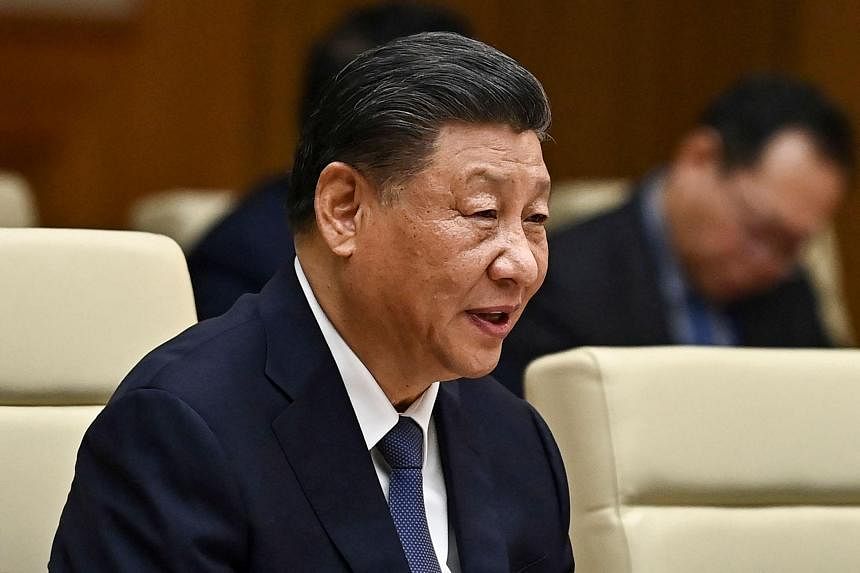BEIJING - China’s far west Xinjiang region will implement the nation’s first rules on encouraging ethnic groups to mingle, as part of President Xi Jinping’s goal to forge one national identity.
The Ili Kazakh autonomous prefecture will adopt measures on Jan 1 including the promotion of mixed housing and the creation of more parks and public areas that showcase what the government refers to as zhonghua minzu, or one Chinese nation.
The ruling Communist Party has long been pushing assimilation policies in diverse regions to create a unified national identity, anchored on the culture of the majority Han group.
Those actions have fuelled criticism of human rights violations from the US government and other Western democracies. Beijing has denied those allegations.
The new rules represent a stepping up of those policies and are the first of their kind, according to the official Xinjiang Daily.
They warn officials not to neglect their duties or face punishment, without elaborating on the punitive consequences.
The Ili prefecture, which shares a border with Kazakhstan, Mongolia and Russia, is one of the most ethnically diverse administrative areas in China with relatively large Kazakh and Uighur communities.
China already has a long-running labour transfer programme where people from rural areas are moved to cities, a practice that critics say can gradually weaken ethnic minorities’ cultural and religious ties with their original homes.
On Dec 26, China sanctioned a US company and two researchers over work related to Xinjiang, escalating a dispute between the nations over allegations of forced labour.
That followed the sanctioning of two Chinese officials by Washington earlier in December, including a former police chief in the Ili area, over alleged rights abuses.
Mr Arfat Erkin, a Uighur activist originally from the region who now lives in the US, said the new rules represent the second phase of the government’s ethnic policies.
He said under the initial stint from 2016 to 2020, the measures were “more extreme, large scale and mostly extralegal”.
“It shows a full shift from promoting and forcing ethnic unity between local and settler populations to now forcing assimilation,” he added. BLOOMBERG

